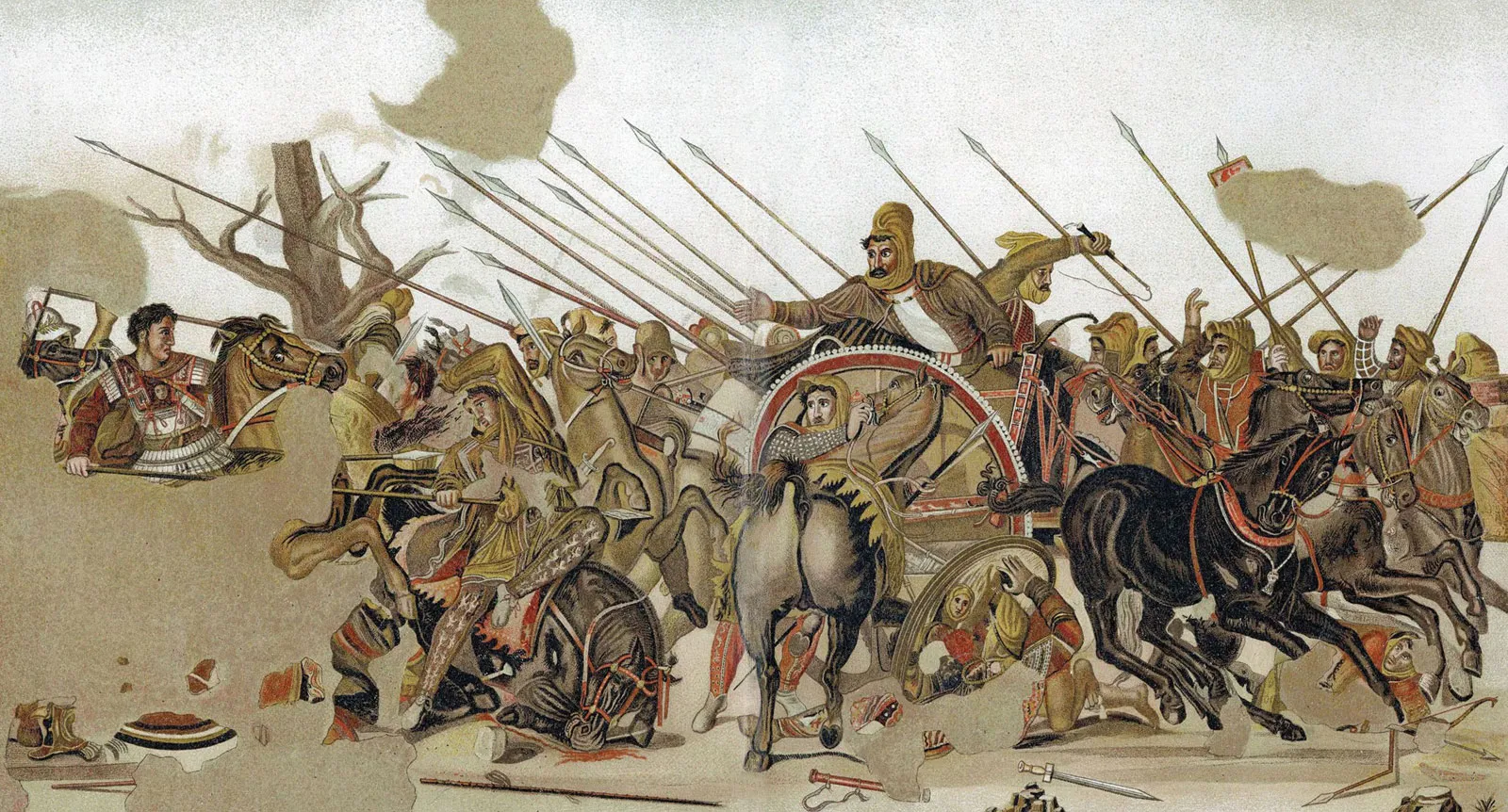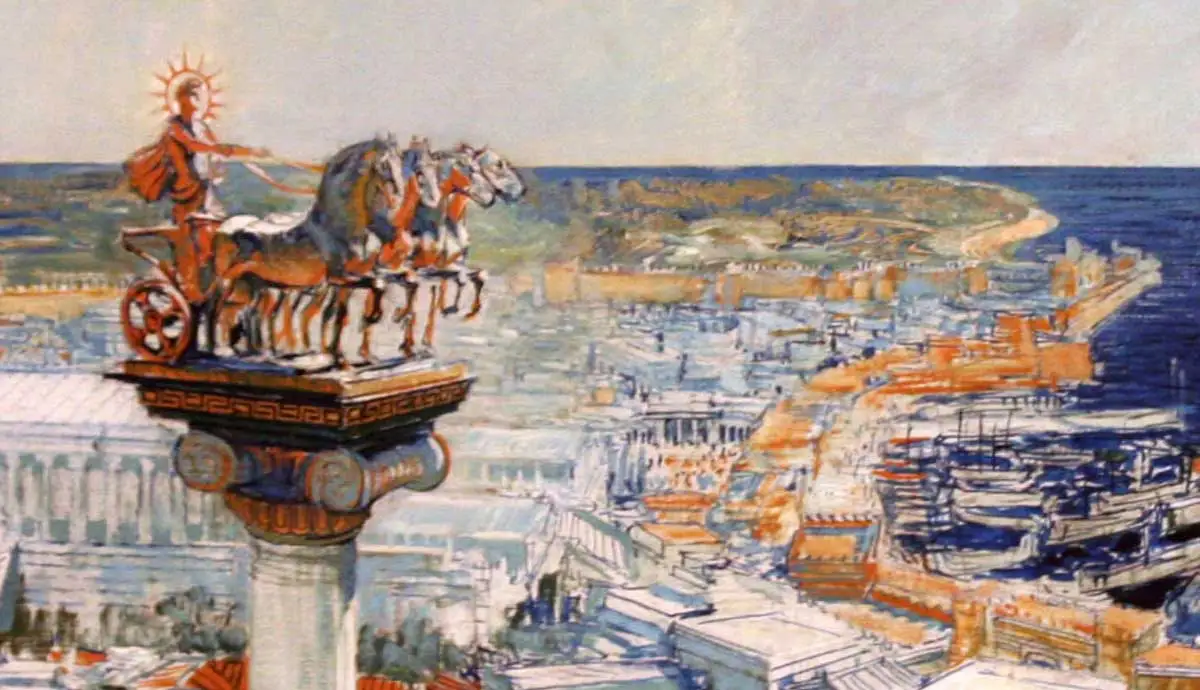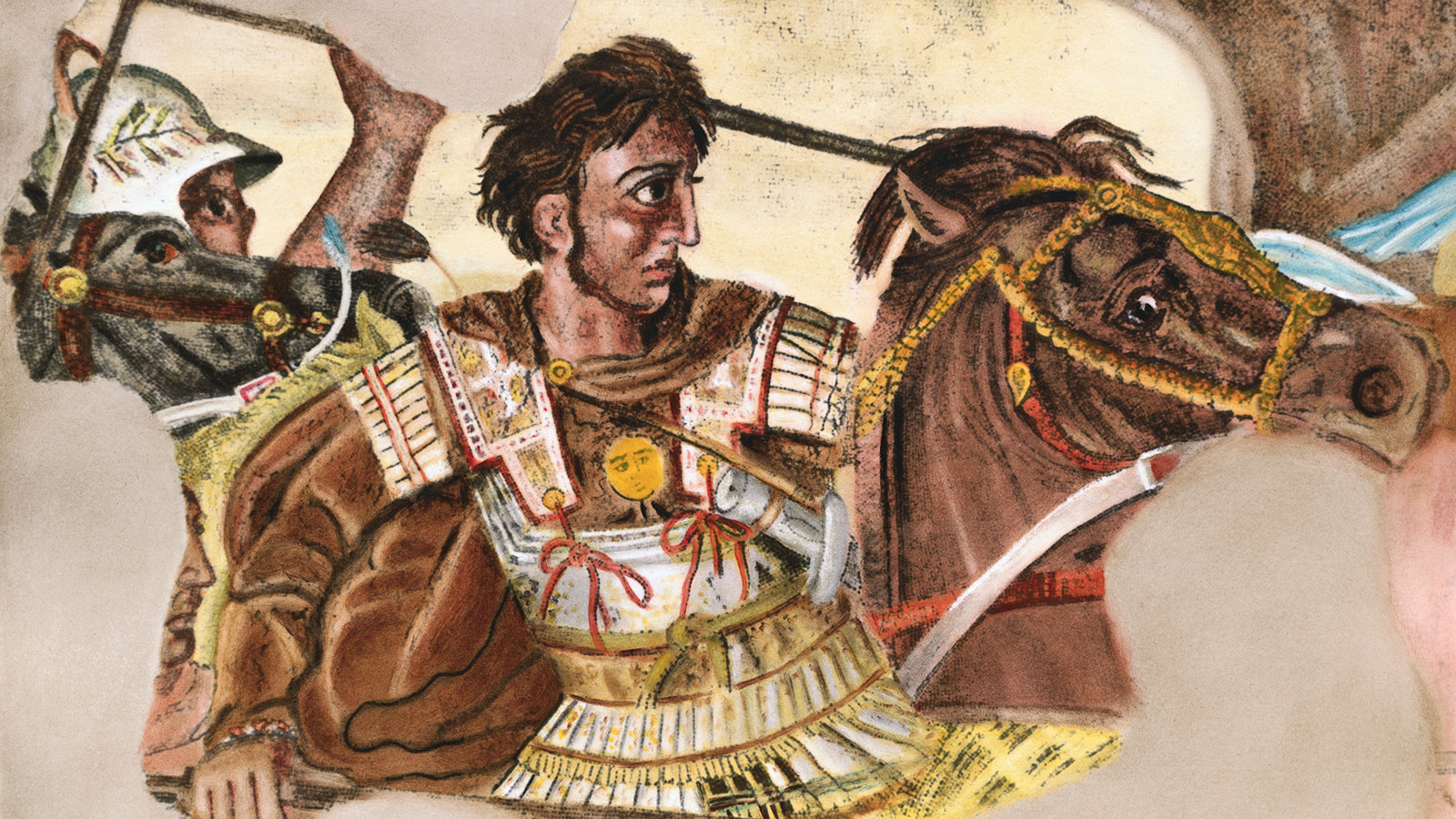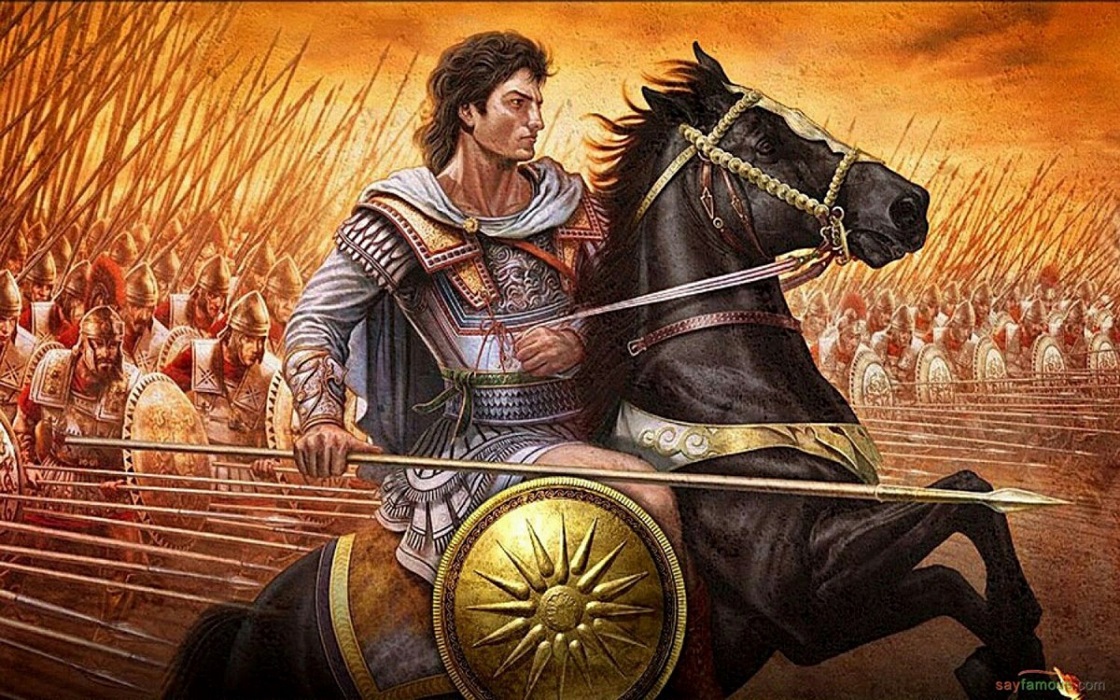Alexander the Great was a king of the ancient Greek kingdom of Macedon. He is widely considered one of the greatest military leaders in history, and his conquests have had a profound impact on the world. Alexander was born in 356 BC in Pella, the capital of Macedon, and was the son of King Philip II of Macedon and Olympias, a princess of Epirus. He was tutored by the philosopher Aristotle and began his military career at a young age, joining his father on campaign.
Early Conquests of Alexander the Great
Alexander the Great, also known as Alexander III of Macedon, was one of the greatest military leaders in history. He was born in 356 BC and became king of Macedon at the age of 20. During his reign, he conquered a vast empire that stretched from Greece to Egypt and India. His early conquests were instrumental in shaping the world as we know it today.
Alexander’s early conquests began with his campaign against the Greek city-states. In 334 BC, he led his army across the Hellespont and defeated the Persians at the Battle of Granicus. This victory marked the beginning of his conquests in Asia Minor. He then went on to defeat the Persians at the Battle of Issus in 333 BC, which allowed him to control the entire region.

- Advertisement -
After his victory in Asia Minor, Alexander turned his attention to Egypt. In 332 BC, he defeated the Persians at the Battle of Gaugamela and conquered Egypt. He founded the city of Alexandria, which became one of the most important cities in the ancient world. Alexander’s conquest of Egypt also gave him control of the Nile River, which was a vital source of water and food for the region.
In 331 BC, Alexander continued his conquests by invading Mesopotamia. He defeated the Persians at the Battle of Gaugamela and gained control of the region. He then went on to conquer the Persian capital of Persepolis, which marked the end of the Persian Empire.
Alexander’s early conquests were not only significant for their military victories but also for their cultural impact. He spread Greek culture throughout the conquered territories, which led to the fusion of Greek and Eastern cultures. He also introduced new technologies and ideas, which helped to pave the way for the spread of Western civilization.
Conquering the Persian Empire
He is known for his conquests of the Persian Empire, which began in 334 BC and ended in 331 BC. Alexander’s conquests of the Persian Empire were a turning point in world history, as they marked the end of the Persian Empire and the beginning of the spread of Western civilization.
Alexander’s campaign against the Persian Empire began in 334 BC, when he led his army across the Hellespont and defeated the Persians at the Battle of Granicus. This victory marked the beginning of his conquests in Asia Minor, which allowed him to control the entire region. He then went on to defeat the Persians at the Battle of Issus in 333 BC, which allowed him to control the entire region of Asia Minor.
In 332 BC, Alexander turned his attention to Egypt. He defeated the Persians at the Battle of Gaugamela and conquered Egypt. He founded the city of Alexandria, which became one of the most important cities in the ancient world. Alexander’s conquest of Egypt also gave him control of the Nile River, which was a vital source of water and food for the region.

In 331 BC, Alexander continued his conquests by invading Mesopotamia. He defeated the Persians at the Battle of Gaugamela and gained control of the region. He then went on to conquer the Persian capital of Persepolis, which marked the end of the Persian Empire.
Alexander’s conquests of the Persian Empire were significant for several reasons. Firstly, it marked the end of the Persian Empire, which had been a major power in the ancient world for centuries. Secondly, it allowed Alexander to spread Greek culture throughout the conquered territories, which led to the fusion of Greek and Eastern cultures. Finally, Alexander’s conquests paved the way for the spread of Western civilization.
Legacy of Alexander the Great
Alexander’s conquests had a profound impact on the world, spreading Greek culture and ideas throughout the ancient world. He is remembered as a military genius and a ruler who brought the world together under one banner. His campaigns opened up trade routes, and the spread of Hellenistic culture had a lasting impact on the world. Alexander’s legacy continues to be felt today, and his deeds have been celebrated in literature, art, and film.
One of Alexander’s most significant legacies is his impact on the spread of Western civilization. During his conquests, he spread Greek culture throughout the conquered territories, which led to the fusion of Greek and Eastern cultures. This fusion of cultures laid the foundation for the spread of Western civilization throughout the world.

Alexander’s legacy also includes his impact on the field of military strategy. His tactics and strategies are still studied by military leaders and strategists today. His ability to adapt to different environments and cultures made him an innovative military leader.
Alexander’s legacy also includes his impact on the field of geography. He explored and mapped many unknown territories, which helped to expand the knowledge of the ancient world’s geography. He also founded many cities, including Alexandria, which became one of the most important cities in the ancient world.
Another aspect of Alexander’s legacy is his impact on art and literature. He patronized the arts and literature, which led to a flourishing of these fields during his reign. His conquests and the spread of Greek culture also led to the development of new forms of art and literature.
Alexander’s Impact on the World
Alexander’s conquests had a profound impact on the world, spreading Greek culture and ideas throughout the ancient world. This process of cultural diffusion was known as Hellenization. Alexander’s campaigns opened up trade routes, and the spread of Hellenistic culture had a lasting impact on the world.
One of Alexander’s most significant impacts on the world was his political influence. He conquered the Persian Empire and established a vast empire that stretched from Greece to India. He also implemented policies that led to the spread of Greek culture throughout his empire, which had a lasting impact on the world.
Alexander’s impact on culture was also significant. He patronized the arts and literature, which led to a flourishing of these fields during his reign. His conquests and the spread of Greek culture also led to the development of new forms of art and literature. This led to the fusion of Greek and Eastern cultures, which had a lasting impact on the world.

Alexander’s impact on geography was also significant. He explored and mapped many unknown territories, which helped to expand the knowledge of the ancient world’s geography. He also founded many cities, including Alexandria, which became one of the most important cities in the ancient world.
Another aspect of Alexander’s impact on the world was his impact on military strategy. His tactics and strategies are still studied by military leaders and strategists today. His ability to adapt to different environments and cultures made him an innovative military leader.
In conclusion, Alexander the Great’s impact on the world was significant. He had a lasting impact on politics, culture, geography, and military strategy. His legacy continues to be studied and celebrated by historians and scholars alike. His impact on the world shaped the way it is today, and his legacy will continue to be remembered for centuries to come.
Conclusion

- Alexander the Great was one of the most successful military leaders in history, known for his conquests of the Persian Empire and his impact on the ancient world.
- The power of determination: Alexander had a strong will to succeed and was determined to achieve his goals.
- The importance of adaptability: Alexander was able to adapt to different environments and cultures, which helped him to achieve success in his conquests.
- The impact of cultural exchange: Alexander’s conquests led to the spread of Greek culture throughout the conquered territories, which had a lasting impact on the world.
- Alexander’s legacy continues to be studied and celebrated by historians and scholars alike. His impact on the world shaped the way it is today, and his legacy will continue to be remembered for centuries to come.


